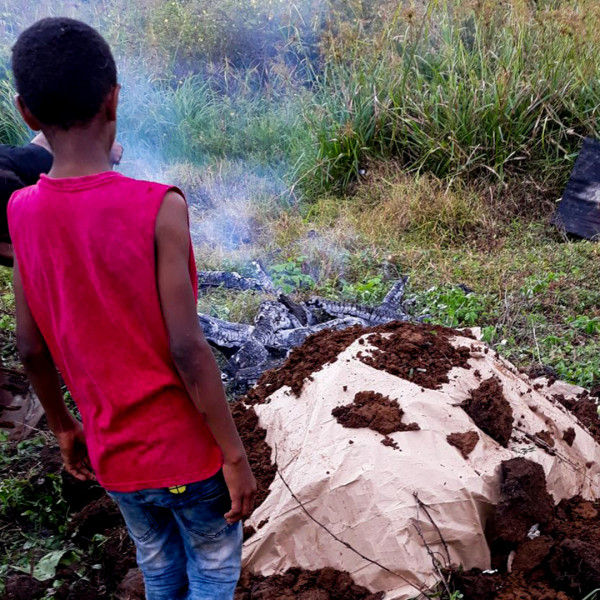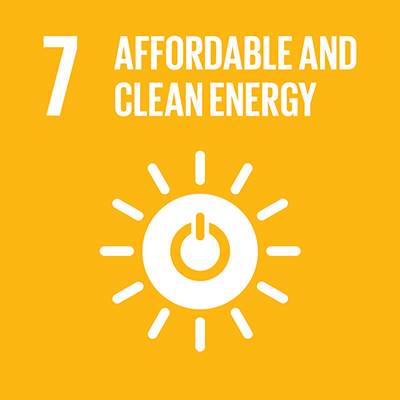25.06.2020 - Developing sources of sustainable and renewable energy is critically important in the Pacific. Most Pacific nations rely heavily on petroleum and there is an urgent need to move away from this reliance as well as to manage petroleum importation safely and cost-effectively. There is also an urgent need to use geological resources to develop resilience to the impacts of the climate crisis including sea level rise.
These are some of the key challenges for The Pacific Community (SPC), the major leading scientific and technical intergovernmental organisation in the Pacific region. The SPC is owned and governed by its 26 Pacific country and territory members and provides technical, advisory, statistical and information support to its member governments and administrations. Much of its focus is on major cross-cutting issues, such as climate change, disaster risk management, food security, gender equality, human rights, non-communicable diseases and youth employment.
One of SPC’s programmes is the Georesources and Energy Programme (GEP) that sits within the Geoscience, Energy and Maritime Division, which develops critical data, applied science, and technical solutions to overcome challenges facing SPC members. The GEP is committed to reducing the carbon footprint of existing energy networks and use and developing more sustainable energy solutions into the future.
To face these challenges GEP is involved in a number of major programmes including developing sustainable energy programmes, managing energy data, providing governments with petroleum management advice and conducting bathymetric (ocean floor) and similar geological surveys to source sustainable construction material and manage coastal retreat in the face of sea level rise.
Of course, to effectively develop and implement these programmes the GEP needs funding.
This is where VSA volunteer Charlie Inggs has been able to help. During his 2019 12 week assignment based in Fiji, Charlie developed a funding strategy for SPC’s GEP programme.
“I worked on producing a practical working document and toolkit for the organisation to use and share with others,” said Charlie. “The focus of my work was to help SPC find ways to sustain and grow funding for the critical SPC energy and geological resource programmes.”
To ensure the strategy was relevant and workable, Charlie worked closely with the GEP programme team to identify their requirements. He also consulted across the SPC and the donor community to understand what was achievable.
“The assignment was really collaborative, and it was great to work and interact with my colleagues in the strategy team to produce the final document. The onus was on me to initiate collaboration across the organisation and with other partners."
“In the end I was proud to have delivered a document that the team desperately needed but had not been able to do on their own.”
This is not the first time Charlie has supported organisations and communities in the Pacific. He has been on assignment with VSA three times, including two assignments as a Strategic Planning and as a Policy Adviser for the Ministry of Infrastructure in the Cook Islands.
“My background is in local government in New Zealand and Zimbabwe where I worked with a number of international volunteers. I have also volunteered with other organisations such as the United Nations. I applied for my first VSA assignment as it came up just at the time that I was looking for a new role.
“I believe volunteering gives people a real opportunity to make a difference and I will be going on assignment again with VSA in March 2020, to again assist SPC, this time by reviewing the entire geological resources and energy programme.”

Fiji Lovo


